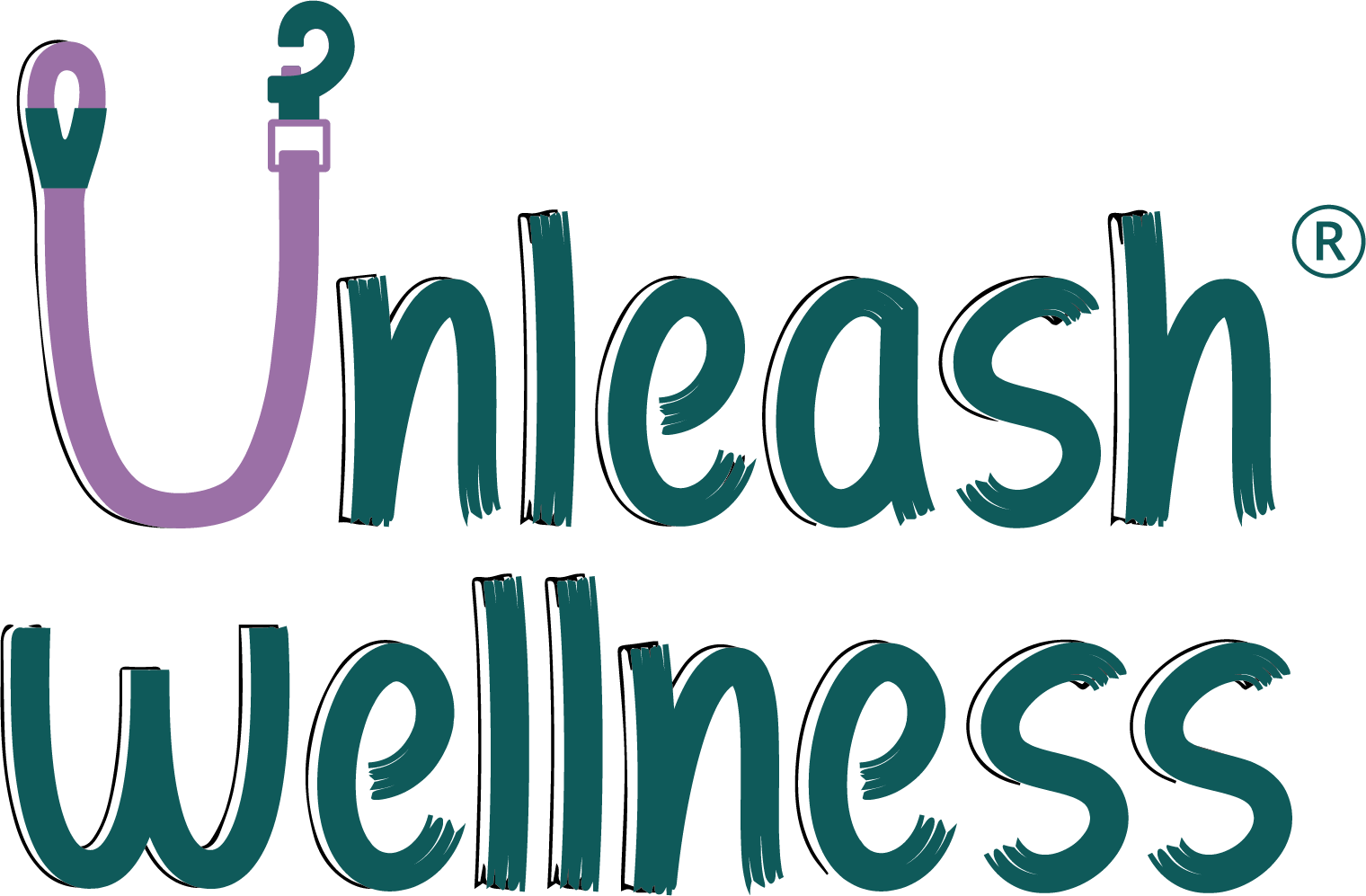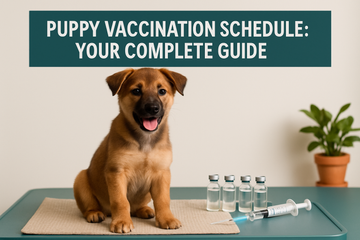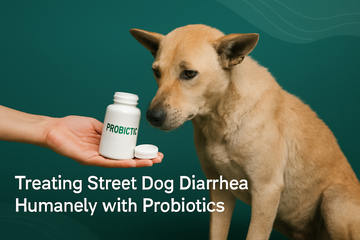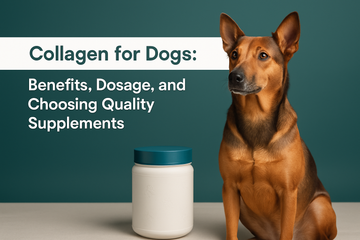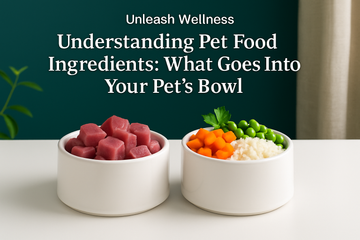A vaccinated puppy is a protected puppy—this protection forms the foundation of your furry companion's lifelong health. When you bring home a new puppy, establishing a proper vaccination timeline is vital to safeguarding their well-being. Vaccinations train your puppy's immune system to recognize and fight infectious diseases. In India’s diverse environments, following a structured immunization plan is even more critical due to exposure risk. Understanding when, why, and which vaccines your puppy needs will help you make informed health decisions for your pet.
Essential Core Vaccines Every Puppy Needs
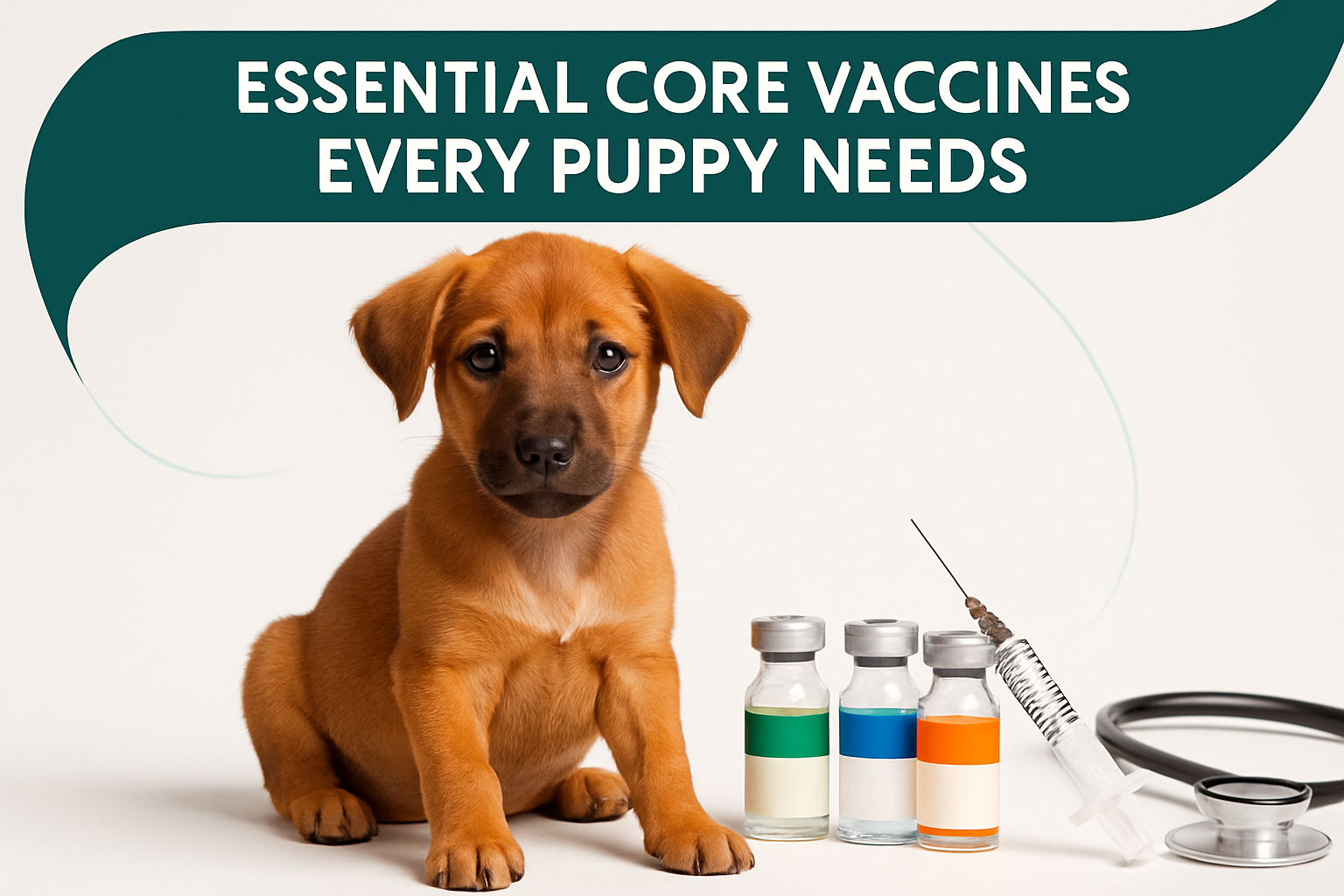
Every responsible pet parent in India should understand that a proper puppy vaccination schedule forms the foundation of their furry companion's lifelong health. Core vaccines protect against life-threatening diseases that could otherwise devastate your puppy's developing immune system.
DHPP (Distemper, Hepatitis/Adenovirus, Parvovirus, Parainfluenza)
The DHPP vaccine stands as the most critical component of any puppy vaccination schedule. This combination vaccine guards against four serious diseases that can prove fatal in young dogs.
Distemper attacks the respiratory, gastrointestinal, and nervous systems, while hepatitis targets the liver and other organs. Parvovirus causes severe diarrhea and dehydration, particularly dangerous for puppies under six months. Parainfluenza contributes to kennel cough and respiratory infections.
These diseases spread rapidly through dog populations, making vaccination essential for community health protection.
Rabies Vaccination Requirements
Rabies vaccination isn't optional - it's legally mandated across India for good reason. This fatal disease poses serious risks to both pets and humans, with no cure once symptoms appear.
Most states require rabies vaccination by four to six months of age, followed by regular boosters. Beyond legal compliance, this vaccine protects your family and community from a disease that kills thousands annually in India.
Vaccination Timeline and Schedule
Your puppy vaccination schedule should begin between 6-8 weeks of age with the first DHPP shot. Boosters follow every 2-4 weeks until your puppy reaches 16 weeks or older.
This timing ensures optimal immune response as maternal antibodies fade. After completing the initial series, most veterinarians recommend annual or triennial boosters based on your puppy's lifestyle and risk factors.
Working closely with your veterinarian ensures your puppy receives protection precisely when needed, supporting their journey toward robust adult health.
When to Start Your Puppy's Vaccination Timeline
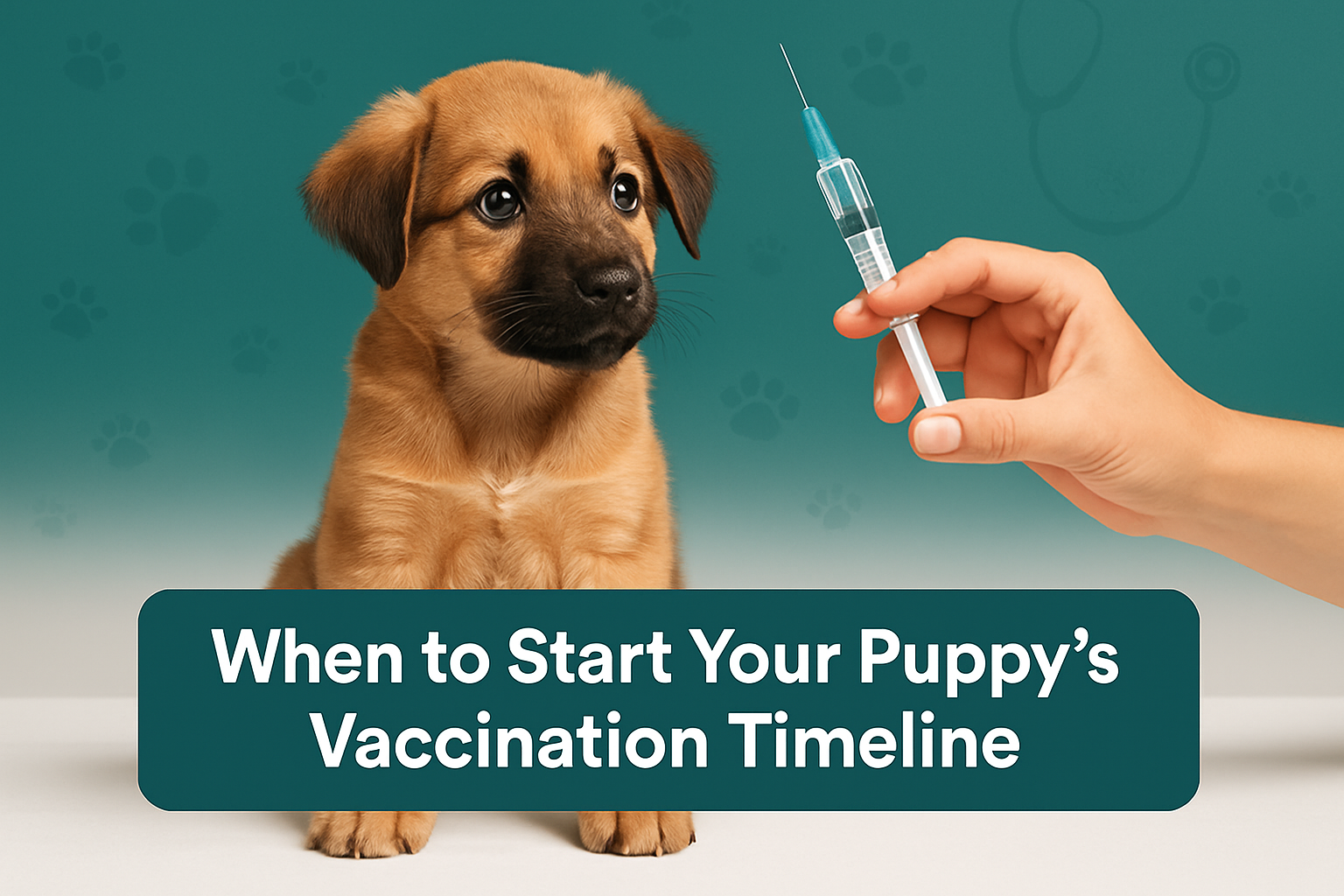
Protecting your new puppy starts with getting their puppy vaccination schedule right from day one. Timing these crucial immunizations properly sets the foundation for a lifetime of health and happiness.
Starting Core Vaccinations at 6-8 Weeks
The optimal window to begin your puppy vaccination schedule is between 6-8 weeks of age. This timing isn't random—it perfectly coincides with a critical shift in your puppy's immune system.
During their first weeks of life, puppies receive protective antibodies from their mother's milk. These maternal antibodies act as a temporary shield against diseases. However, this protection gradually weakens between 6-8 weeks, leaving puppies vulnerable to serious infections like distemper, parvovirus, and hepatitis.
Starting vaccinations at this age allows your puppy's immune system to begin building its own active immunity. The core vaccines—typically a 7-in-1 or 9-in-1 combination—provide essential protection against the most dangerous diseases puppies face in India.
Waiting too long to start vaccinations leaves dangerous gaps in protection. Starting too early might interfere with remaining maternal antibodies, reducing vaccine effectiveness.
Protecting Your Puppy Until Full Immunity
Until your puppy completes their entire vaccination series, they remain at risk for serious infections. This vulnerable period typically lasts until 16 weeks of age when the final boosters are administered.
Keep your puppy away from public spaces, dog parks, and unknown dogs during this critical time. Unvaccinated puppies can contract diseases from contaminated surfaces, other animals, or even through airborne particles.
Safe socialization options include:
Controlled visits with fully vaccinated, healthy dogsPuppy training classes that require vaccination recordsYour own backyard after proper cleaningThis protective approach significantly reduces infection risk while allowing your puppy vaccination schedule to build complete immunity.
Health Assessments Before Each Vaccination
Your veterinarian performs thorough health evaluations before administering each vaccine in your puppy vaccination schedule. These assessments ensure your puppy is physically ready for immunization and can mount an effective immune response.
Sick puppies shouldn't receive vaccinations as their compromised immune systems may not respond properly. Common issues that delay vaccination include fever, digestive upset, respiratory symptoms, or recent parasite treatment.
During each visit, expect your vet to check your puppy's temperature, weight, heart rate, and overall condition. This careful monitoring helps identify any health concerns early while ensuring optimal vaccine timing and effectiveness.
Managing Side Effects and Post-Vaccination Care for Puppies
Monitoring your puppy after following their vaccination schedule ensures they recover smoothly and stay protected. While vaccines are essential for building immunity, understanding what to expect helps pet parents provide the best care during this crucial period.
Common Mild Reactions Are Normal
Most puppies experience minor side effects after receiving their puppy vaccination schedule doses. Slight lethargy, low-grade fever, or tenderness at the injection site are completely normal responses as your pup's immune system builds protection.
These mild reactions typically appear within a few hours and resolve naturally within 24–48 hours. Your puppy might seem less playful than usual or prefer sleeping more. Some degree of soreness where the needle entered is also expected and shouldn't cause concern.
Don't panic if your puppy seems a bit under the weather initially. This actually indicates their immune system is responding appropriately to the vaccine components.
Recognizing Serious Symptoms Requiring Emergency Care
While rare, severe allergic reactions can occur and need immediate veterinary attention. Watch for persistent vomiting, facial swelling, difficulty breathing, or extreme lethargy that doesn't improve within a few hours.
These symptoms could indicate anaphylaxis or other serious complications. Facial swelling around the eyes or muzzle, labored breathing, or collapse requires emergency intervention. Similarly, if vomiting continues beyond 6-8 hours or your puppy becomes unresponsive, contact your veterinarian immediately.
Trust your instincts – if something feels seriously wrong beyond normal post-vaccine tiredness, seek professional help promptly.
Supporting Recovery Through Proper Aftercare
Create a quiet, comfortable environment where your puppy can rest undisturbed for 24-48 hours following their puppy vaccination schedule appointment. Monitor their food and water intake carefully, ensuring they stay hydrated while avoiding forced eating.
Limit vigorous exercise, long walks, and stressful activities during the recovery period. Gentle indoor play is fine, but avoid dog parks or areas with unknown animals until your pup feels completely normal again.
Keep vaccination records updated and note any reactions to discuss with your vet before future appointments. This information helps ensure the safest ongoing protection for your furry family member.
Optional Vaccines Based on Your Puppy's Lifestyle
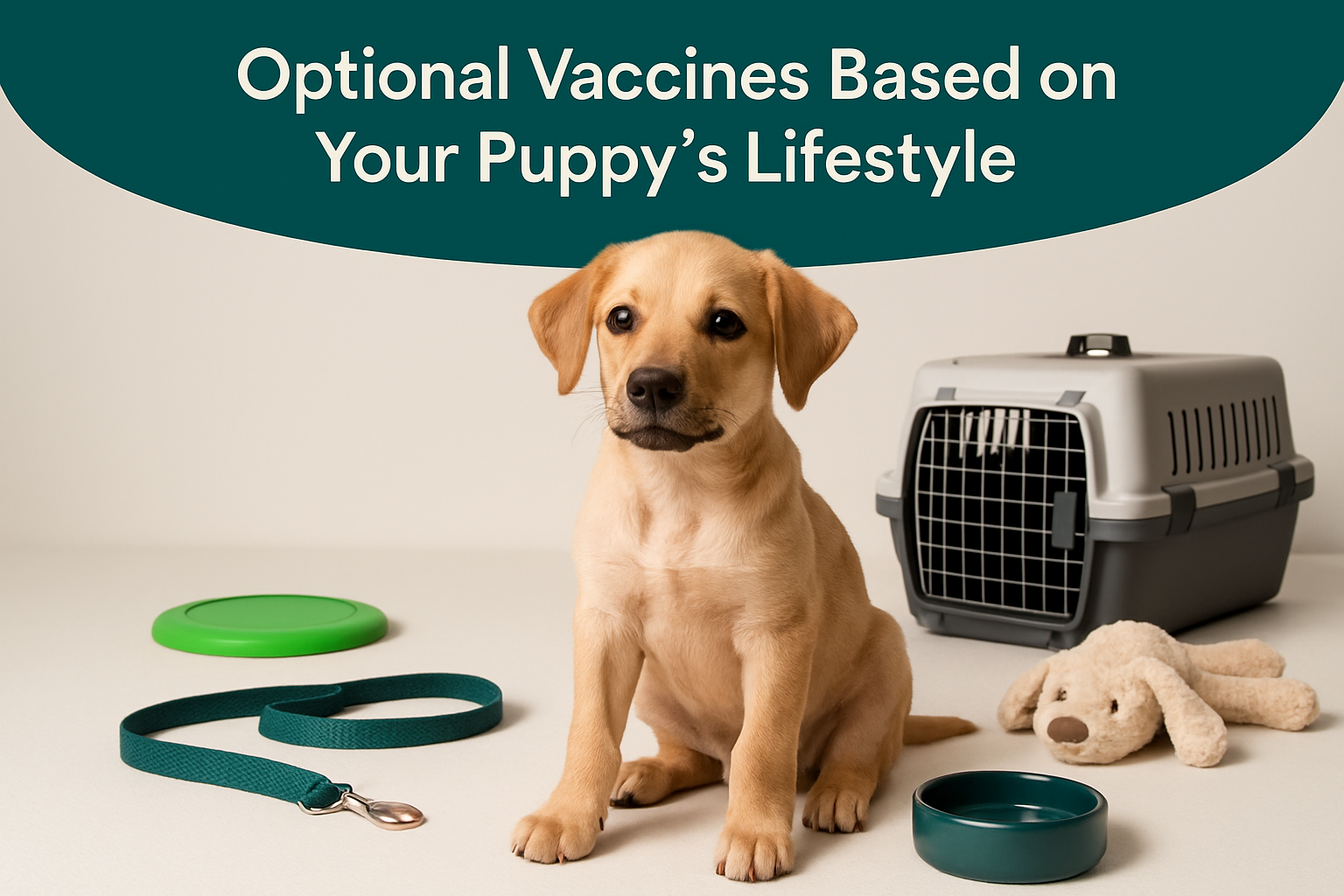
When planning your puppy vaccination schedule, core vaccines form the foundation of protection. However, your puppy's specific lifestyle and environment may require additional vaccines tailored to their unique risk factors.
Bordetella (Kennel Cough) for Social Puppies
Bordetella vaccination becomes crucial if your puppy will interact with other dogs regularly. This highly contagious respiratory infection spreads rapidly in environments where dogs gather closely together.
Consider the Bordetella vaccine if your puppy will attend:
Dog boarding facilities during your travelsPuppy daycare or socialization programsGroup training classes or obedience schoolsDog parks or community eventsThe vaccine helps prevent the characteristic harsh, honking cough that can persist for weeks. Many boarding facilities and training centers actually require proof of Bordetella vaccination before allowing entry, making it practically essential for social puppies.
Geographic Risk Vaccines: Lyme Disease and Canine Influenza
Your location and planned activities significantly influence which additional vaccines your puppy needs. Lyme disease vaccination becomes important in tick-prone areas, particularly if you live near forests or plan regular hiking adventures with your puppy.
Canine influenza vaccines gain importance in urban areas with high dog populations or regions experiencing outbreaks. Cities like Mumbai, Delhi, and Bangalore may have different risk profiles based on local disease prevalence and climate conditions.
Lifestyle-Based Vaccine Decisions
Rural versus urban settings create vastly different health risks for puppies. Rural puppies face higher exposure to wildlife diseases, while urban puppies encounter more infectious diseases from close contact with numerous other dogs.
Your veterinarian should evaluate factors like your housing situation, travel plans, and activity preferences when customizing your puppy vaccination schedule. This personalized approach ensures optimal protection without unnecessary interventions, supporting your puppy's natural immune development through targeted prevention strategies.
Conclusion
Following a proper puppy vaccination schedule is critical for your dog's long-term health and protection against infectious diseases. Each vaccine—from DHPP to rabies—plays a role in building immunity. Vaccination recommendations vary by breed, local risks, and individual health status, so veterinary guidance is essential. Post-vaccination care ensures your puppy stays comfortable and safe as their immune system develops.
Discover our range of wellness products and consult our expert veterinary team to further support your puppy's immune health alongside vaccinations.
